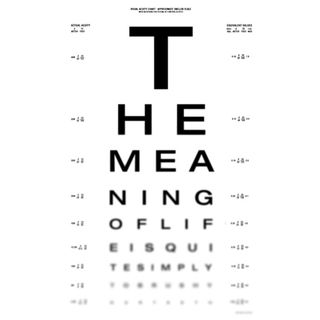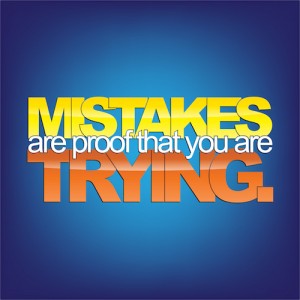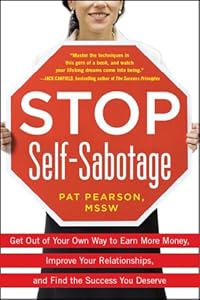Be sure to check out the free offer to download Kevin’s poem: A “Balanced” Life at the end of this post!
It seems that everyone wants more balance.
People want:
- A higher checking account balance
- A perfectly balanced body
- A balanced diet
So doesn’t it make sense that one would ask, How do I find balance in my life? A balanced life flows logically and seems so attuned with the natural order. Life coaches, executive coaches, self-help gurus, counselors, and therapists galore teach the overwhelming benefits of having your life in balance. Being well intended doesn’t replace being well thought out about such a central concept of personal and leadership development.
Work–life balance is in high demand.
But do you have a true definition or image in your mind’s eye for what constitutes a proper work–life balance definition? Experience tells me that most people love the idea of work–life balance, and they’re seeking and investing in tips and techniques all too regularly but not getting the results they want. Let me save you some time!
Do not seek balance in your life. It will misdirect, confuse, and frustrate you. It doesn’t work, period. Instead, integrate your life with your purpose being the point of integration.
“So why, Kevin,” you may ask, “are you such a contrarian?” No, I didn’t wake up on the wrong side of the bed. I’ve studied, observed, and thought about this concept of living a balanced life for decades.
Balance is a physical concept that cannot adequately grasp or reconcile with spiritual realities.
Balance falls far short, yet it remains the popular culture ideal of enlightened living. In fact, it is hogwash!
A life in balance is a myth.
It is one of those feel good, happy distractions that just doesn’t work. People who are busy balancing their lives often miss it because they’re so busy thinking they have to have their life together before they can go forward. Not true! Another myth!
Doing life is learning life. Sitting on the sidelines waiting for the perfect moment of balance and harmonious happiness is wishful thinking, at best, and wasteful thinking most of the time.
Others will claim to be so busy, overworked, and stressed that they believe more balance will finally bring them the peace, comfort, and security they’re working so hard to achieve. Wrong! Today’s On-Purpose Minute points out the folly of that line of thinking.
In another On-Purpose Minute titled “Do You Want A Balanced Life?” I invite you to really consider what you are seeking. Below, you’ll find a link to download my poem titled A “Balanced” Life.
My hope is that you’ll find that striving for balance is a frustrating folly not worth the effort.
I’ve played the “balance your life game” in the past. No more!
Today when someone says “I want more balance in my life,” I actually hear an absurd statement. You might as well say, “I’m hoping to walk to the edge of the earth one day and be able to look over it to see what’s there.” No Virginia, the world is not flat.
The concept of balance in your life is equally flawed thinking despite being so broadly accepted.
So allow me to release you from the relentless pursuit of a vaporous standard that’s impossible to grasp yet seems so easily within reach. Why live in the unhealthy definition of stress, which is what pursuing a life of balance creates?
Instead of wanting more balance in your life, seek to integrate your life around your purpose, then live into your purpose, i.e. being on-purpose. This isn’t semantics; this is a seismic truth that provides order, focus, and clarity—and, thankfully, a healthy dose of “being out of balance.” You’ll learn to live with the joyful intensity where being “off balance” doesn’t matter and being true to yourself and more on-purpose does matter.
Replace your tiring, old concept of balance in life.
Change your “ideal” and you’ll transform your life for the better as you integrate your life rather than balance it.
To download my poem A “Balanced” Life, go to our shopping cart to get your free copy.



